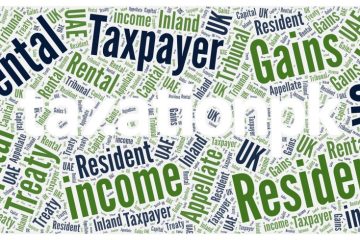Advance tax is a tax that is paid in advance of the final tax liability. It is a common practice in many countries, including Pakistan. The Advance Tax in Pakistan is a law that governs the collection and administration of advance tax.
The Advance Tax applies to all persons who are liable to pay income tax in Pakistan. This includes individuals, companies, and other legal entities.
The amount of advance tax that is payable is determined by the person’s income and other factors. The Advance Tax Act sets out a number of different rates of advance tax. The rate that applies to a particular person will depend on their income and other factors.
Advance tax is payable in quarterly installments. The installments are due on the 25th of September, December, March, and June.
Advance tax can be paid in cash, by cheque, or by bank transfer.
The Advance Tax Act provides for a number of penalties for non-payment of advance tax. These penalties include interest, late payment fees, and even imprisonment.
The Advance Tax Act is an important law that helps to ensure that the government collects the taxes that it is due. By paying advance tax, taxpayers can help to avoid penalties and ensure that they are in compliance with the law.
Here are some additional information about Advance Tax in Pakistan:
- The Advance Tax is administered by the Federal Board of Revenue (FBR).
- Advance tax can be paid online through the FBR’s website.
- The FBR provides a number of resources to help taxpayers understand the Advance Tax and how to pay advance tax.
- Taxpayers who have questions about the Advance Tax Act contact the FBR’s customer service department.
Here are some tips for paying advance tax in Pakistan:
- Make sure that you understand the Advance Tax Act and how much advance tax you are required to pay.
- Pay your advance tax on time.
- Pay your advance tax in full.
- If you are unable to pay your advance tax on time, contact the FBR and request an extension.
- Keep good records of your advance tax payments.






